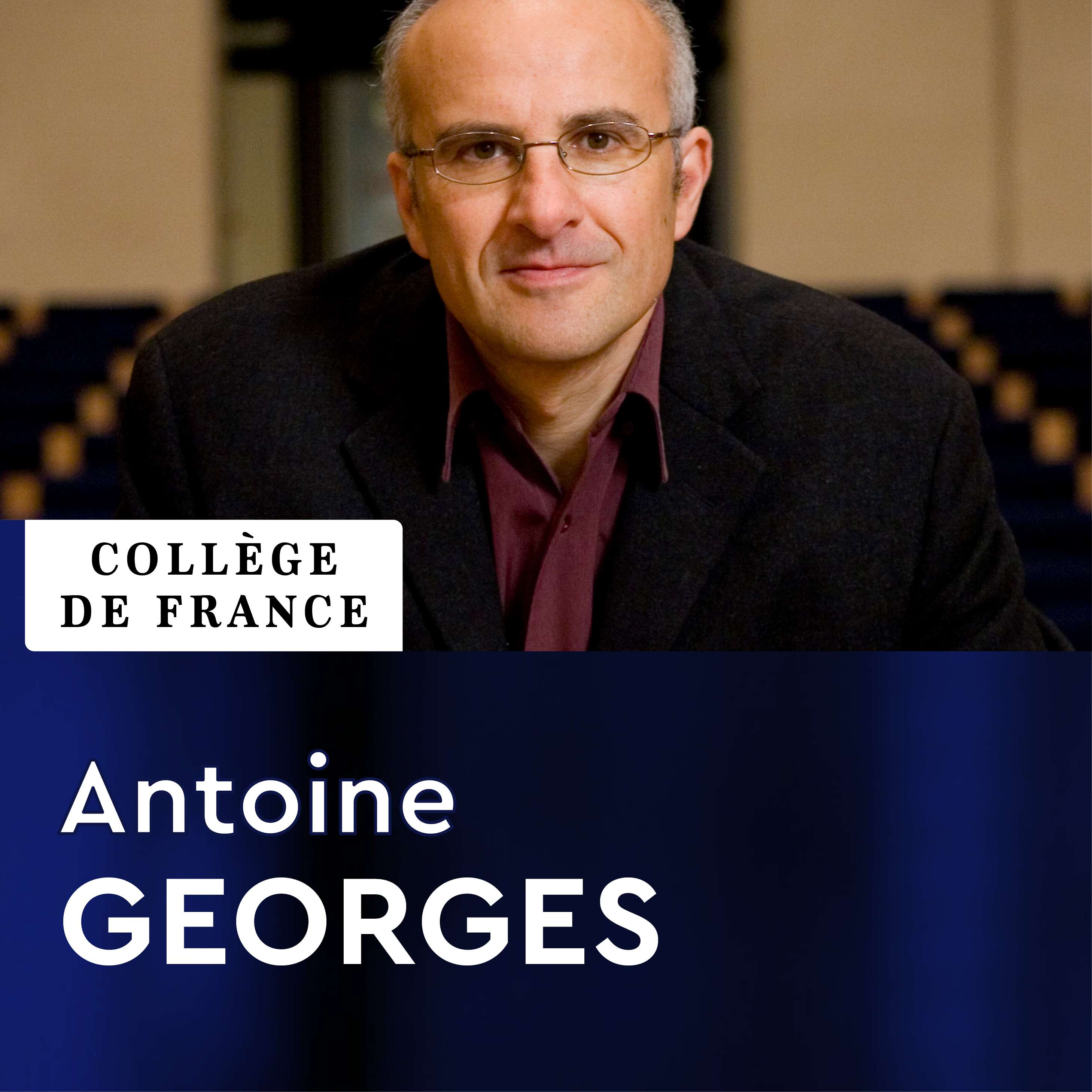 |
Emergency Medical MinuteAuthor: Emergency Medical Minute
Our near daily podcasts move quickly to reflect current events, are inspired by real patient care, and speak to the true nature of what it's like to work in the Emergency Room or Pre-Hospital Setting. Each medical minute is recorded in a real emergency department, by the emergency physician or clinical pharmacist on duty the ER is our studio and everything is live. Language: en Genres: Health & Fitness, Medicine, Science Contact email: Get it Feed URL: Get it iTunes ID: Get it |
Listen Now...
Episode 991: BRASH
Monday, 19 January, 2026
Contributor: Aaron Lessen, MD Educational Pearls BRASH Syndrome: Bradycardia Renal Failure AV Nodal Blockade Shock Hyperkalemia Clinical Features: Profound bradycardia and shock in patients on AV nodal blockers: Commonly, Beta Blockers or Calcium Channel Blockers Etiology: Caused by an inciting kidney injury: Common triggers include precipitating illness, dehydration, or medications Results in hyperkalemia The enhanced effect of the combination of AV nodal blockade and hyperkalemia leads to a more profound presentation of shock. Treatment: IV Fluids, unless volume overloaded Epinephrine for bradycardia Lasix for volume overload, only if the patient is still making urine Low threshold to dialyze for hyperkalemia Focus on treating early and more aggressively. References: Farkas JD, Long B, Koyfman A, Menson K. BRASH Syndrome: Bradycardia, Renal Failure, AV Blockade, Shock, and Hyperkalemia. J Emerg Med. 2020 Aug;59(2):216-223. doi: 10.1016/j.jemermed.2020.05.001. Epub 2020 Jun 18. PMID: 32565167. Summarized by Ashley Lyons OMS3 Editting by Ashley Lyons OMS3 and Jeffrey Olson MS4 Donate: https://emergencymedicalminute.org/donate/ Join our mailing list: http://eepurl.com/c9ouHf







